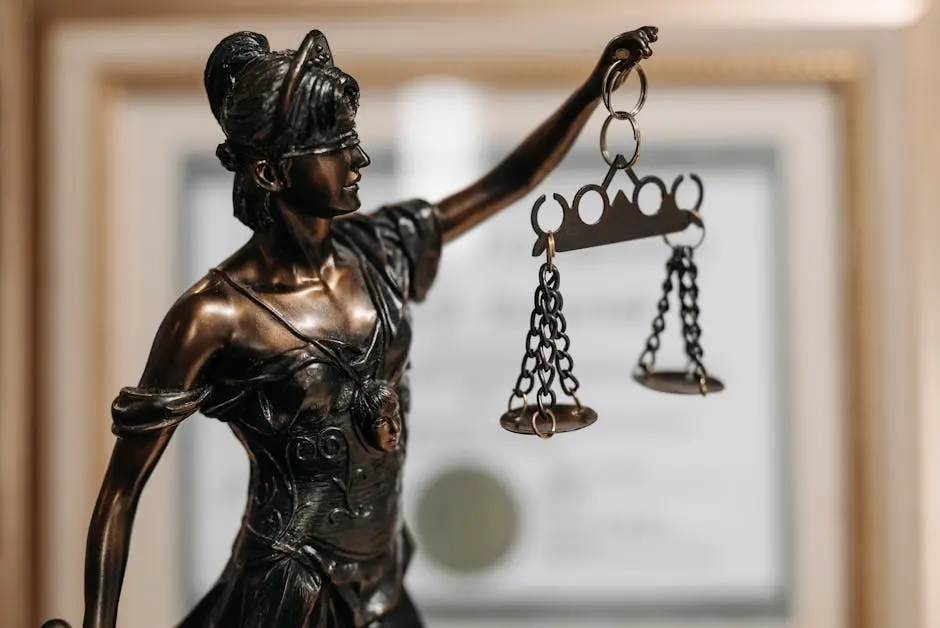Facing a DUI charge in Ohio can be daunting, but understanding your rights and defenses can make a significant difference. Whether you’re new to the legal system or just want to know your options, grasping the basics of DUI defenses is essential. Here, we’ll explore some effective strategies that have helped many in similar situations.
1. Challenging the Traffic Stop
The legality of the initial traffic stop is a crucial aspect to examine. If the officer lacked reasonable suspicion to make the stop, any evidence obtained may be inadmissible in court. This invalidates the foundation of the case before it even begins.
You might wonder what constitutes ‘reasonable suspicion.’ Essentially, it means the officer must have observed some indication of illegal activity, such as erratic driving, before pulling you over. If you believe the stop was unwarranted, leveraging dashcam footage or eyewitness accounts can be pivotal. These elements highlight discrepancies that may tilt the scales in your favor. An experienced criminal attorney can aid in dissecting these aspects, ensuring the stop was justified or proving otherwise.
2. Questioning the Field Sobriety Tests
Field sobriety tests are not foolproof and can be influenced by various factors like medical conditions, footwear, or even uneven surfaces. These tests can often be contested, and an experienced criminal attorney will know how to highlight any discrepancies.
Consider the chaotic environment during which these tests are administered. Flashing lights, noise, and nerves can all contribute to poor performance, even for sober individuals. For instance, someone with a medical condition like vertigo may appear unsteady on their feet, failing the walk-and-turn test unfairly. This is when detailed medical records and expert testimonials can become instrumental in discrediting the test results.
3. Examining the Breathalyzer Results
Breathalyzer machines require regular maintenance and calibration. Attorneys often challenge the reliability of the results by investigating the machine’s maintenance logs. Mismanagement or errors in operation can lead to inaccurate readings.
Beyond maintenance, external factors such as mouthwash, medical conditions, or even certain diets can also skew results. For example, ketogenic diets can lead to higher acetone levels, falsely triggering a positive reading. Arguing these nuances requires a deft understanding of the science behind breath tests, something a proficient criminal attorney will provide. This approach, combined with an investigation into the machine’s history and operator’s credentials, can potentially destabilize the prosecution’s claims.
4. Investigating the Chain of Custody for Blood Tests
Blood tests are considered more accurate than breath tests, but they necessitate a strict chain of custody. Any breach in this chain can be grounds for dismissing the evidence. This is another area where a skilled attorney can make a significant impact.
The chain of custody encompasses details like who handled the blood sample, where it was stored, and how long it was in transit. Breaks at any step, such as undefined periods or temperature fluctuations outside standards, can render results questionable. Lawyers with forensic expertise scrutinize lab reports for such discrepancies. Furthermore, introducing doubts about sample integrity might sway the judge to regard the evidence as less reliable.
5. Plausibility of the Alcohol Consumption Timeline
Demonstrating that alcohol was consumed shortly before driving, but not while driving, can be used as a defense. This strategy involves proving that the alcohol did not have enough time to be absorbed into the bloodstream before the traffic stop.
This defense often hinges on credible witness testimonies or establishing a precise timeline. For instance, if a person left an event at a specific time with a drink in hand, calculating how long it takes for their body to metabolize the drink comes into play. The timing of blood alcohol peak levels could be pivotal in this scenario. Skillfully crafting this defense requires careful coordination between the attorney, client, and potential witnesses.





